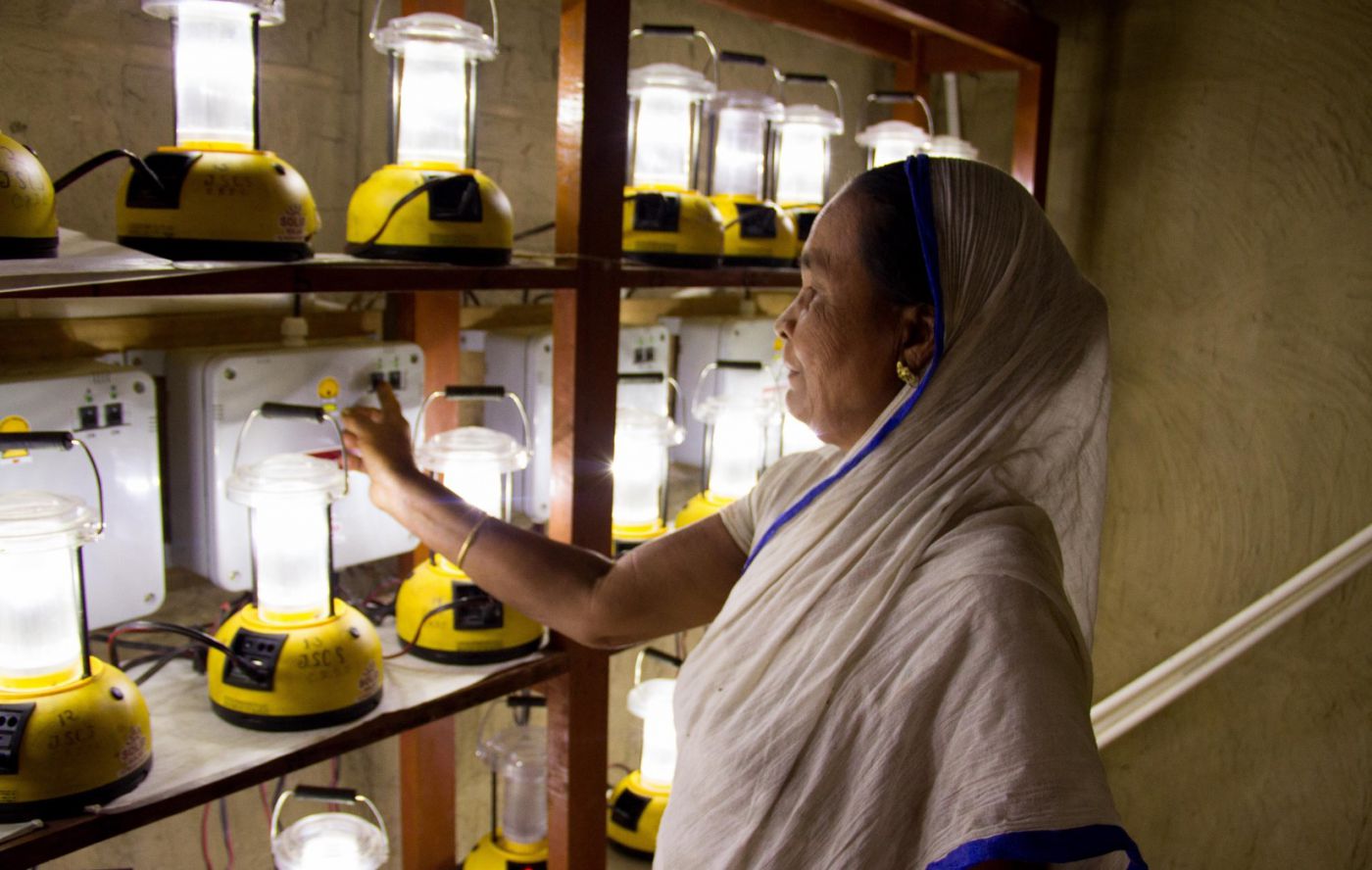Inaugural lecture dr. Joy Clancy
The effects of the energy transition have been addressed in numerous ways. The political and economic effects are under a magnifying glass, as the impacts are considered to be huge for the coming decades. But what is the relation between energy transition and gender equality? Dr. Joy Clancy, who held her inaugural lecture on Thursday 24 November, addresses the issue: “Transforming the energy system and gender roles and relations are interconnected and mutually beneficial.”
Diversity perspective
The transition in our energy provision is not solely source-related. It also has a huge impact on how things are organized, such as the emergence of local energy corporations. The Netherlands can be considered as front-runners in the forming of these local energy corporations. Citizens become more and more involved in the organization itself, as small-scale production and storage units are increasingly used. “But one of the big questions is whose preferences are implemented into policy”, Joy Clancy states.
That discussion is somehow a societal issue, related to a broader perspective on diversity. How can we make opportunities for a broader cross-section of society in these initiatives? Gender equality is one of the issues. Joy Clancy has, for example, been studying women participation in local energy corporations, finding under-representation of women in these new collaborative forms in the energy sector.
“From an academic perspective, it is interesting to find out if women favor renewable energy more than men. There is very little published statistical data and that mainly relates to Europe and other industrialized countries”, says Joy Clancy. “Do women make a conscious choice to be green and opt for suppliers who provide and promote the expansion of electricity generated from renewable energy? There is a lack of data to give a definite answer to this question. But whatever the case, from a gender equity perspective we need to look closer on how to make women more change leaders than they are now. There should be more space for empowering women and there are different models for doing so.”
Complex context
The effects of energy transitions on gender equality are numerous and at the same time difficult to be interpreted as they occur in a complex context. Especially in an international perspective. Joy Clancy: “The effects of the energy transition have been addressed in terms of political and economic effects whereas the social dimension has received less attention. So looking at it from a gender perspective is a whole new area of research.”
With her team, Joy Clancy studies the effects of the promotion of clean energy in developing countries. The study raises questions about whether the emergence of cleaner energy in for example the informal food sector will mean men are moving in, with women being pushed out. “We are studying the impact of electricity on men and women. Does it change behavior or roles? Plus, we do need to get insight into what business models are particularly women-friendly”, she says.
ENERGIA
The relationship between gender and energy has been addressed in ENERGIA since 1995, as a small group of women came together to establish the international network on gender and energy. Joy Clancy is one of the founding members of ENERGIA. The intention has been to bring together researchers, development experts, energy experts and gender specialists working in this field to exchange concrete experiences and share analytic approaches. The network aims to bridge the gap and stimulate dialogue between two different group of actors who can sometimes appear to be running on different tracks: policy-makers and those working at the grassroots and energy professionals and gender experts.
On 23 and 24 November, the University of Twente’s Department of Governance and Technology for Sustainability (CSTM) hosted the Symposium Engendering the Energy Transition, in partnership with European Association of Development and Training Institutes (EADI), Africa Studies Centre (Leiden University) and ENERGIA.







